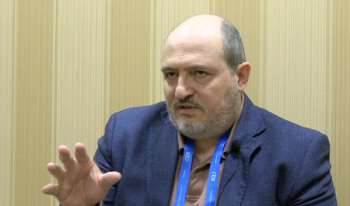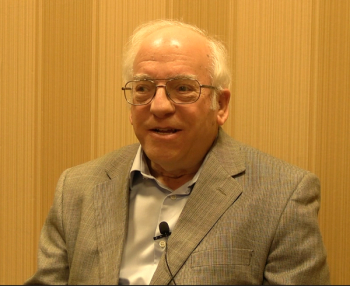
Using CARS Microspectroscopy to Diagnose Breast Cancer
Jang Hyuk Lee and a team of scientists at the Gwangju Institute of Science and Technology (Gwangju, Korea) have published new research that describes the potential for fast, inexpensive diagnosis of breast and other cancer cells using advanced Coherent Anti-Stokes Raman Scattering (CARS) microspectroscopy.
Jang Hyuk Lee and a team of scientists at the Gwangju Institute of Science and Technology (Gwangju, Korea) have published new research that describes the potential for fast, inexpensive diagnosis of breast and other cancer cells using advanced Coherent Anti-Stokes Raman Scattering (CARS) microspectroscopy.
Noting that current techniques used for breast cancer diagnoses, such as mammography, and ultrasonography, have low resolution and are costly, the paper says that there is a strong demand for early detection techniques that allow for noninvasiveness, high resolution, high sensitivity, and low cost.
The team demonstrated a CARS system using a homemade single femtosecond laser with photonic crystal fiber applied to live human breast cancer cells. Using their system, they were able to distinguish between normal and breast cancer cells. The team concluded that the system has potential as a tool for the fast detection of breast and other types of cancer.
The paper, “Rapid Diagnosis of Breast Cancer Cell with Coherent Anti-Stokes Raman Scattering Microspectroscopy,” was presented at CLEO, the Conference on Lasers and Electro-Optics, in San Jose, California.
Also contributing to the research were Ally Yoon, San-Mo Shin, Myoung-Kyu Oh, and Do-Kyeong Ko.
Newsletter
Get essential updates on the latest spectroscopy technologies, regulatory standards, and best practices—subscribe today to Spectroscopy.




